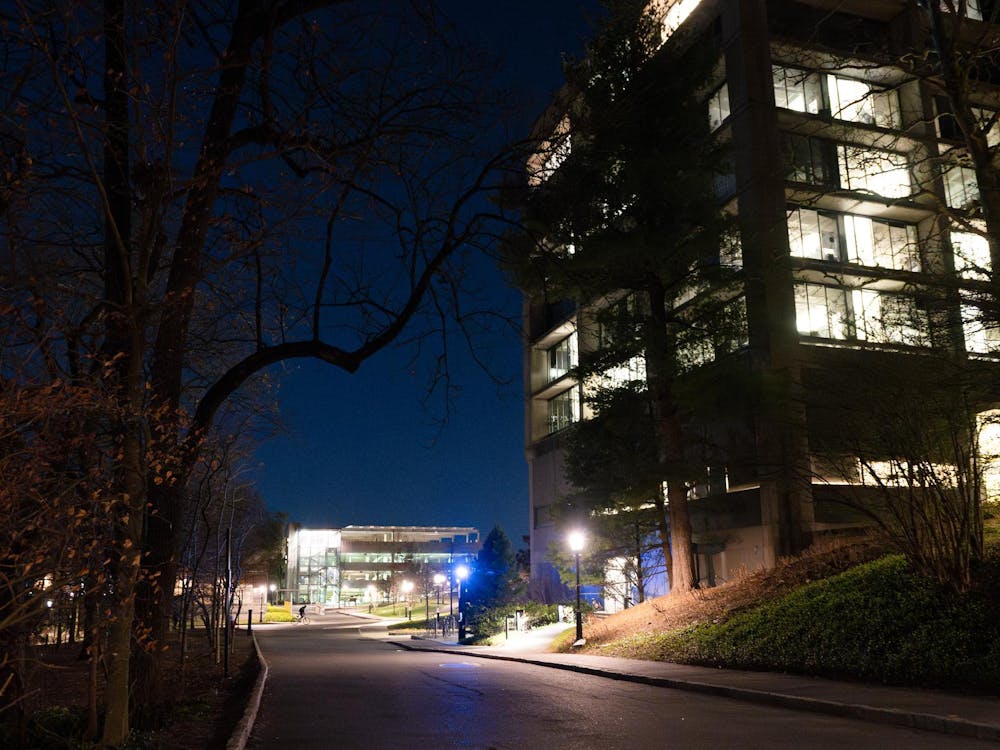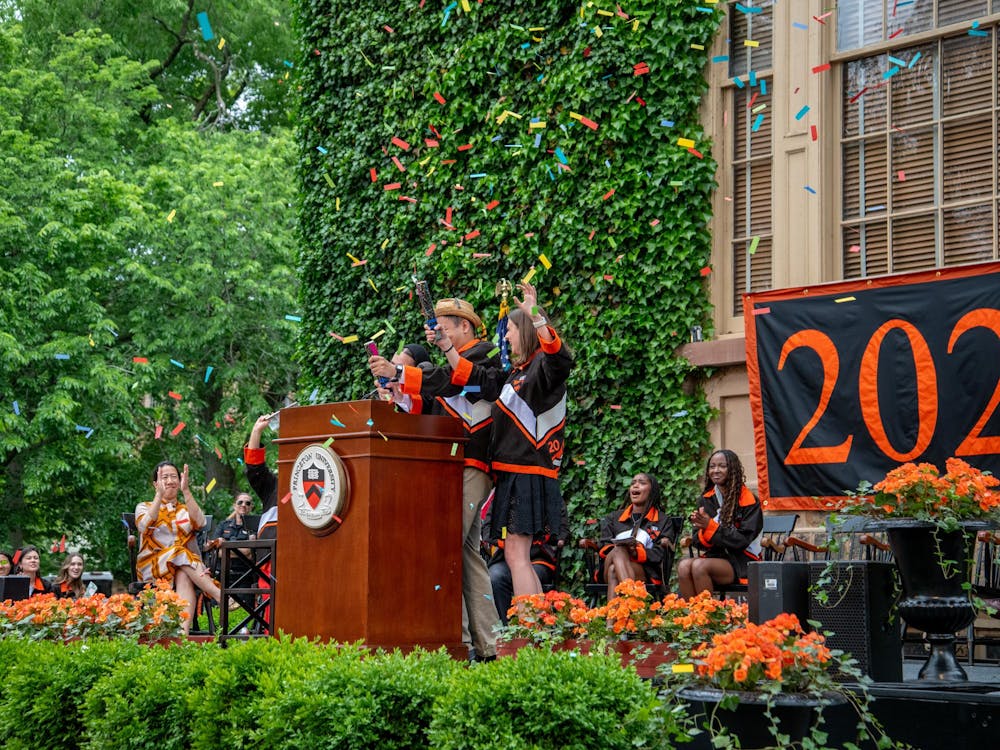But when I first reread it a few weeks ago, I was struck with an unavoidable sense of embarrassment. First because it was bad, simply poorly written. I guess that is the natural way of things; I am sure I will be embarrassed by this column five years hence. But more importantly, I was embarrassed because I realized how I had not done nearly enough to live up to the real or contrived convictions of my 17-year-old self. That self was struggling with what it means to be gay and in the Boy Scouts of America, an issue that has recently been brought back into public debate.
Over the summer, the BSA upheld their long-standing policy banning openly gay members from their organization. Much ink has been spilt discussing this, including a fair amount from people with little or no history in the organization. I felt it my duty to set the record straight, if you will. I have been charged by no less an authority than myself to take this issue to heart and to do what I can to fix it, so I will start by putting it into context.
I, like most boy scouts, joined the organization at age 11, long before I knew I was gay. It was a fun activity; we had meetings once a week at the cabin in Leedom Estates, a few miles from my home. We went on weekend camping trips, and I advanced through the ranks by learning skills that ranged widely in practicality for my 21st century suburbanite life — from diagonal lashings and tomahawk throwing to civic responsibility and a code of ethics.
In all seriousness, Boy Scouts made me into the person I am today. The ideals instilled in me by the tireless leaders of Troop 339 helped me begin to better myself as a leader of my peers and as an ethical citizen. These are the men and women who defined scouts for me, not the national organization or the not exactly gay-friendly churches that donate the money to keep the whole thing running.
So of course I was saddened when the Boy Scouts made the difficult decision to reaffirm their policy last July. For the many young men who use Boy Scouts as a moral compass, hearing that those strange feelings they have been dealing with are unacceptable and unfit for Scouting must be impossibly difficult. But I was also angered by those that claimed the BSA’s sole purpose is to corrupt our youth with its reactionary policies. I am gay and an Eagle Scout and proud of both of those things. Staunch advocates of each will say one cannot, in good conscience, be both at the same time. Yet it is not for them to decide what is important to a person. Each of us decides for himself how he relates to the different facets of his identity, and for me the best way to be a Boy Scout is to uphold my own understanding of its Oath and Law and help those struggling with their sexuality see that it’s OK to be gay and a Scout, all the while respecting those whose views are different than mine.
Thinking back, what I have said here is something I could not have written four years ago. The seed of these ideas was buried in that essay, but Princeton, as any prolonged education should, has refined and nuanced my ideas and helped me understand why I hold them. And though this is essential, I cannot simply take this gift Princeton has given me and forget to use it in pursuit of what brought me here.
So I urge anyone who has gone to college to think back to their application. Maybe you wrote about an important person in your life; maybe you wrote about a favorite quotation, or maybe a difficult decision in your life. Even if you wrote only what you thought someone wanted to hear, I’d like to think there was an ounce of truth in it, an ounce of you in it. In that ounce we find an amazing and sobering standard to live up to — our own loftiest opinions of who we are.
Luke Massa is a philosophy major from Ridley Park, Pa. He can be reached at lmassa@princeton.edu.







